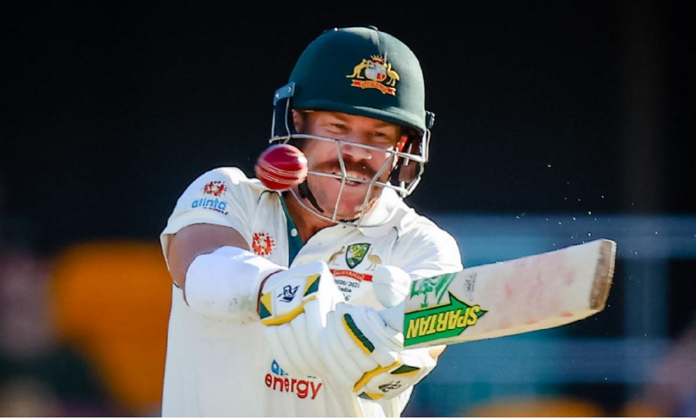David Warner, Australia’s formidable opening batsman, has recently unveiled his plans to retire from Test cricket in the approaching Australian summer, signaling a conclusion to his prosperous Test career.
Presently, Warner is in England readying himself for the upcoming ICC World Test Championship against India. He is also expected to participate in the imminent five-match Ashes series against England.
Additionally, Warner has set his sights on the ICC Men’s Cricket World Cup in India, slated to take place by the end of the year. However, the 36-year-old cricketer has disclosed his wish to culminate his Test journey subsequent to Australia’s Test match at his home ground in Sydney against Pakistan in January.
In a media briefing prior to Australia’s training session in Beckenham on Saturday, the left-handed batsman signified his intentions to wrap up his Test career following the series against Pakistan and before the onset of the two-match series against the West Indies on Australian soil.
Read More: Umar Gul Comments on Mohammad Amir’s Retirement and Possible Return to International Cricket
David Warner said, “You’ve got to score runs. I’ve always asserted that the 2024 T20 World Cup would probably mark my last game. If I can keep my runs coming and continue to play in Australia, I can confidently say that I won’t be participating in the series against the West Indies.”
He added, “Assuming I manage to navigate through the World Test Championship final, the subsequent Ashes campaign, and make it to the Pakistan series, that’s when I will definitely call it a day.”
David Warner, aged 36, boasts a commendable Test record, having played 103 Test matches with an accumulated total of 8158 runs at an average of 45.57. His impressive career includes 34 half-centuries and 25 centuries.

